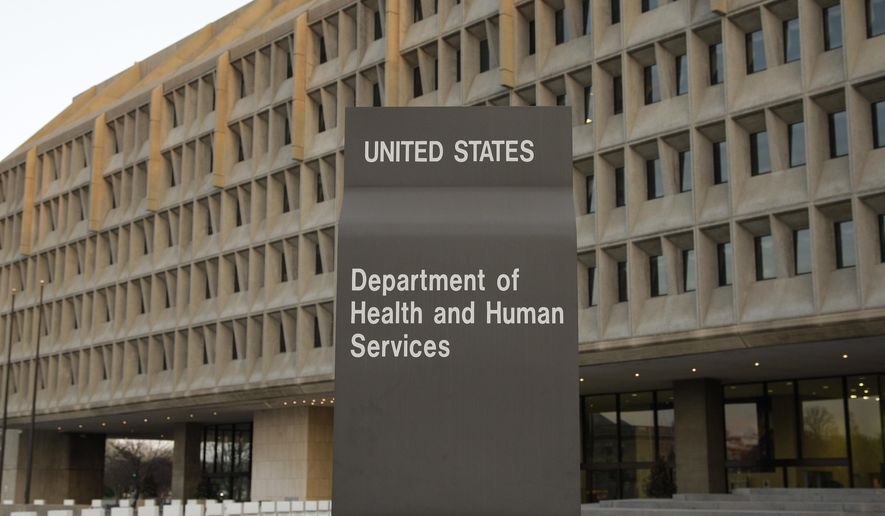More than 100 Medicare patients in government-funded nursing homes showed signs of abuse — including one case of “sexual sadism” — but many of the crimes went unreported, an inspector general said in an emergency alert Monday.
Investigators said the Centers for Medicare and Medicaid Services (CMS) need to immediately take steps to get a handle on both the abuse and on the lack of reporting, which is required for any federally funded skilled nursing facility.
“These types of abuses and neglect cannot be tolerated,” said assistant Health and Human Services regional inspector general Curtis Roy.
Auditors found 134 instances of potential abuse or neglect at skilled nursing facilities in 33 states. More than a quarter of the uncovered cases, which involved failure to provide necessary medical care, physical abuse and sexual assault, were never reported to police, the audit said.
Monday’s alert cited a pair of particularly alarming cases among the dozens it uncovered. In one, a female patient sustained a bruise to her right breast after an alleged sexual assault by a male resident at the facility. Employees caught him engaging in a sex act on the patient and — instead of immediately reporting the incident — they bathed her, potentially destroying evidence that might have been collected during an investigation.
The inspector general also cited a man who was admitted to the emergency room for reported behavioral problems. ER staff found substantial bruising on his arm and chest. Nursing home staff said the ER caused it by restraining him during a prior visit, though photographs from that visit didn’t reveal the bruising. The patient claimed he’d been beaten by a broomstick at the nursing home.
Senate Judiciary Committee Chairman Charles E. Grassley, Iowa Republican, said the findings were unacceptable.
“A crime is a crime wherever it takes place. Abusing or neglecting nursing home residents are criminal acts,” he said. “They have to be reported and investigated by law enforcement. It’s unacceptable for more than one-fourth of potential crimes in nursing homes to apparently go unreported.”
Medicare, the federal insurance program for Americans 65 and older and younger people with disabilities, covers skilled nursing care — types of treatment that can only be performed by licensed nurses, such as rehabilitation or intravenous care.
Stays in skilled nursing facilities are usually for a shorter period than those tied to assisted living.
The inspector general told CMS Administrator Seema Verma that officials should be following the same tactics his auditors did to uncover the cases: matching Medicare claims from emergency rooms to reimbursement claims from skilled nursing facilities to root out potential abuse or neglect.
The new audit also said CMS must figure out how civil penalties and other enforcement tools should be wielded against nursing facilities where abuse occurs.
CMS did not update its state operations manual to include civil penalties issued in a 2011 to beef up compliance with anti-abuse rules until this year, the inspector’s memo said.
Agency officials also told the inspect general they hadn’t used the updated law to punished any facilities because they had not identified “any instances in which a covered individual failed to report an incident of potential abuse or neglect of a Medicare beneficiary.”
In a statement, CMS said it relies on facilities to self-report allegations of abuse.
“Abuse and mistreatment of nursing home residents is never permitted and CMS takes allegations of these incidents very seriously,” the agency said. “CMS takes this preliminary information seriously and will offer a response to the OIG’s formal recommendations when their audit is complete.”
In the meantime, Mr. Roy urged citizens to be vigilant.
“Visit your loved ones often, who are in these facilities, he said. “Ask them if they are being treated properly.”
• Tom Howell Jr. can be reached at thowell@washingtontimes.com.




Please read our comment policy before commenting.